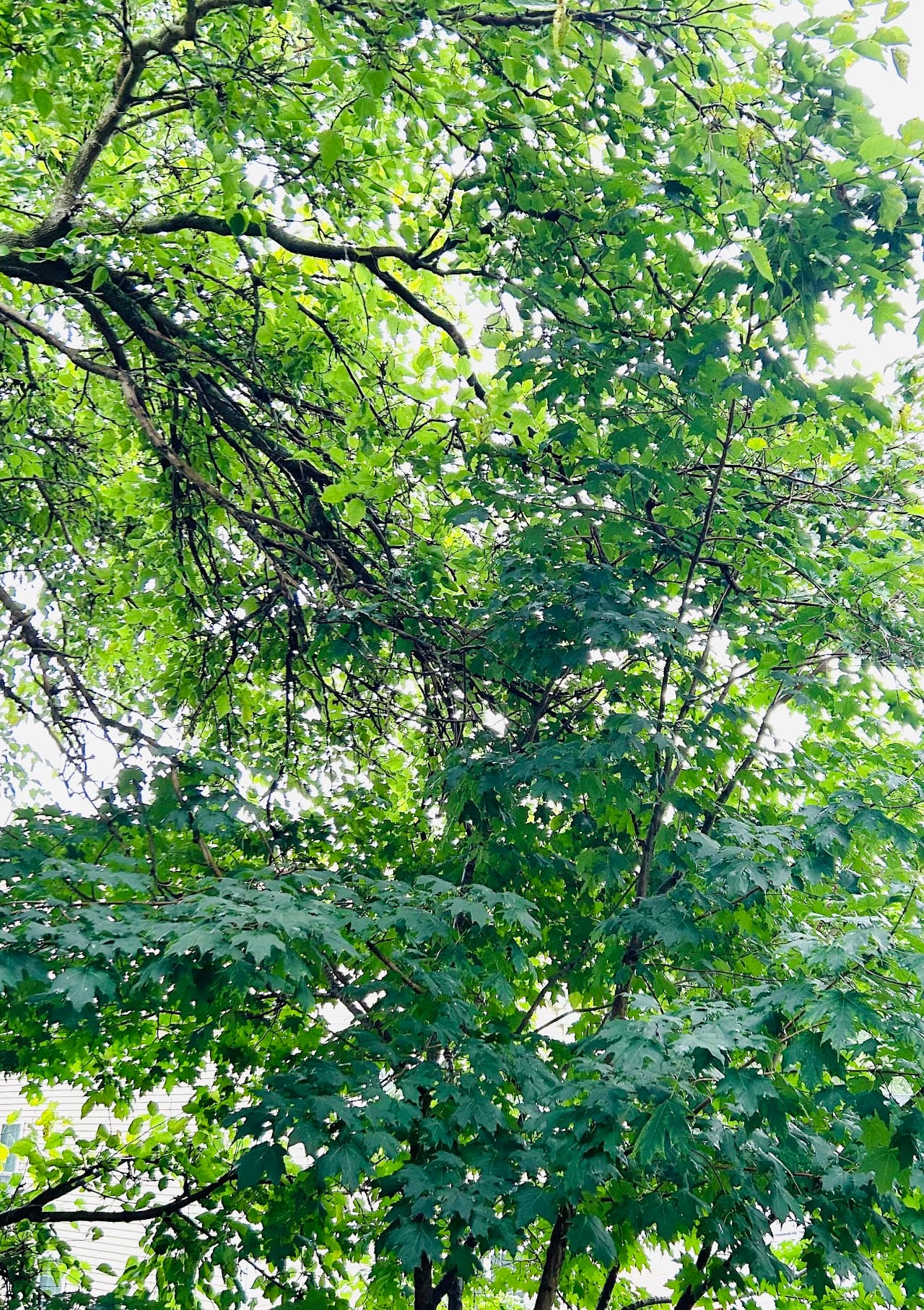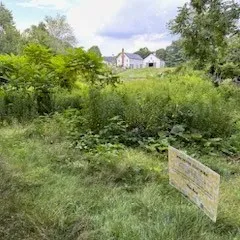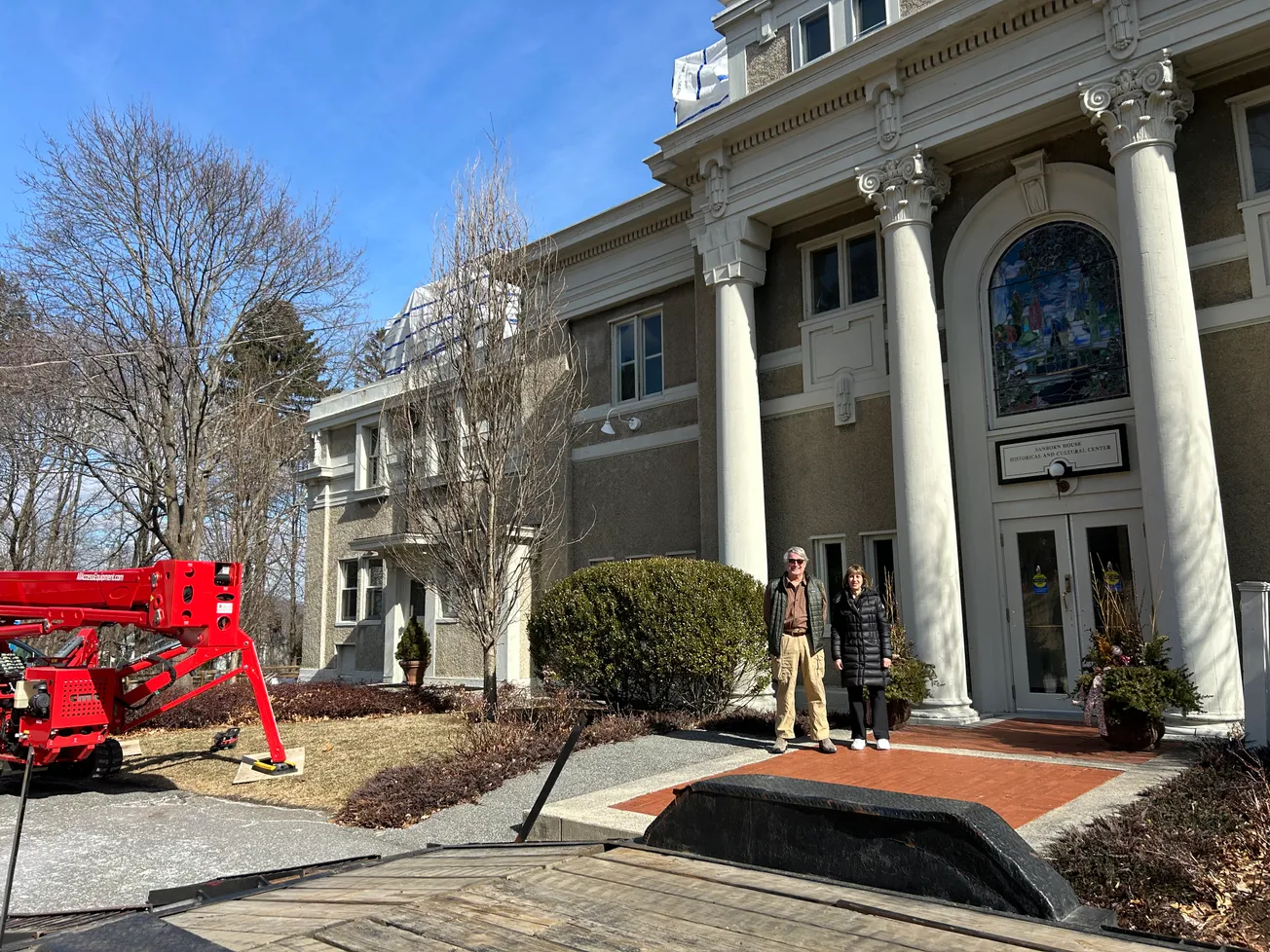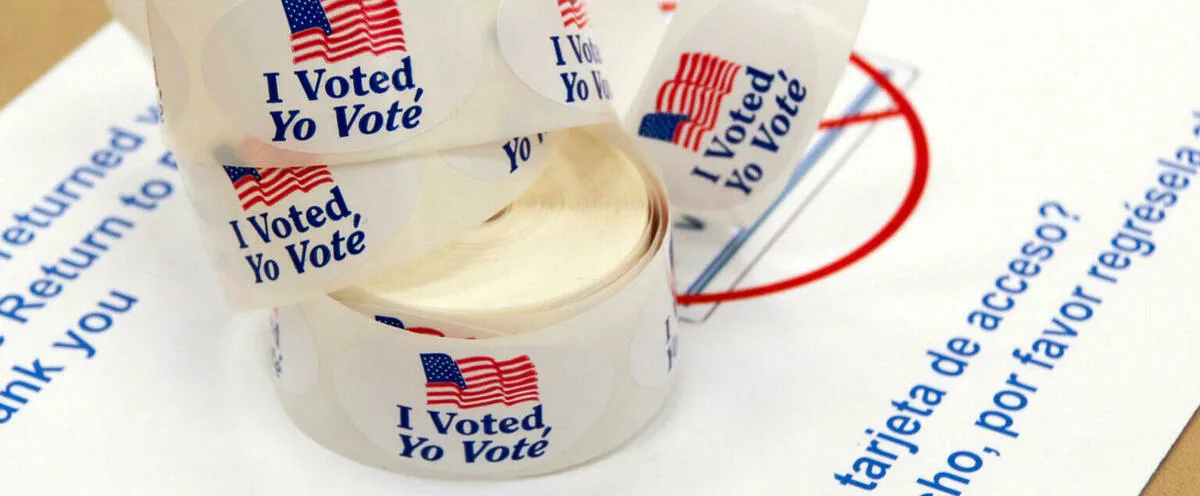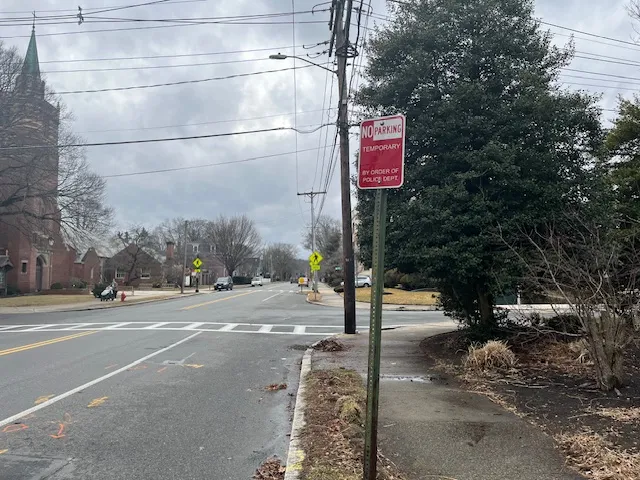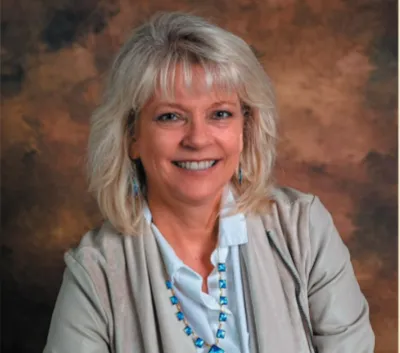Table of Contents
By Prassede Calabi
July 25, 2023. Final approvals were granted to residents to plant a “fast” forest at Wright-Locke Farm. A group called Grow Local for the Planet is partnering with the Winchester Conservation Commission and Wright-Locke Farm. They will restore agricultural wetlands by Locke Pond to mature forest, using a method which makes forest grow much faster than usual.
Why forest?
Globally, forests are being destroyed at a dreadful rate, and we’re losing all their ecosystem functions. Forests regulate temperature and moisture, absorb carbon and other pollutants, and provide habitat (food and shelter) to essential critters, including pollinators. Losing those functions also worsens global heating.
But growing mature forests takes a long time. In New England, it takes some 150 years. So, what can be done to speed it up?
Enter the “fast forest!”
The so-called “Miyawaki” method of forestation speeds up tree growth, to one-third or less of the usual time. In our case, that means “forest” in say, 30 years instead of 150.
How? By creating ideal conditions for tree growth, and then planting at high densities. Soil is pumped up (with organics, compost and micro-organisms), and then heavily mulched to protect against freezing and drying.
Then the group will plant baby trees at high densities, up to three per square meter. The little stick-sized trees respond vigorously, and fast. Within three years they are so tall and well-established that the forest is self-sufficient. Its own shade and the autumn leaf-drop are thick enough to protect the soil, and to keep weeds from taking over. Voila—forest!
Winchester!
The forest at Wright-Locke Farm will cover 6,000 square feet, with some 1,800 native woody plants. Planting is slated for the week of Earth Day April 2024, and site prep has already begun. Everyone is invited to join in for an hour or two, clearing invasives this fall, and planting in the spring.
Origins and future
Developed in the mid-70s by the Japanese Botanist Miyawaki, this method has successfully produced forests at some 3,600 sites in many ecoregions and habitats. And these do-it-yourself forests are catching on. There’s an international Miyawaki Forest organization, and forests have been planted in Cambridge (at Danehy and Green Rose Heritage Parks), with a few others in the local pipeline. And now Winchester.
Planting forests is hands-on. It’s fast. It’s visible. And it’s very satisfying! It also differs from most anti-climate-heating actions because it’s something we DO, not something we give up or stop doing.
Come and help!
A Miyawaki Forest is 51 percent forest, 49% community. That is, most of the work is done by volunteers, like Grow Local for the Planet – and anyone willing to help. Everyone is welcome at any step: remove invasives, donate plants from helpers’ garden, plant baby trees, weed and mulch the starting forest, and watch and measure it as it grows.
The group will also be fund-raising to buy the trees, with a town-wide appeal and a shindig at the Farm in October. You can adopt a tree for the forest, and then actually plant it yourself. Pretty appealing. The group hopes to see helpers at some or all of these events, and especially at the forest site.
Stay tuned via the Wright Locke newsletter https://lp.constantcontactpages.com/su/fVzID33/wlfarm, or contact us directly via Winfastforest@gmail.com.
Prassede Calabi is a behavioral ecologist and a member of Grow Local for the Planet.
